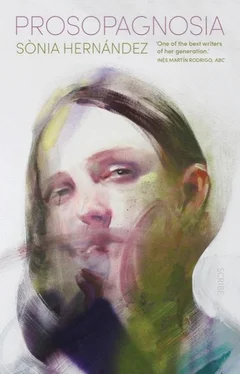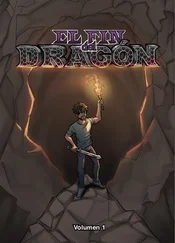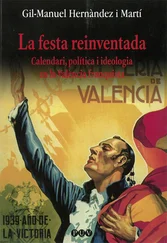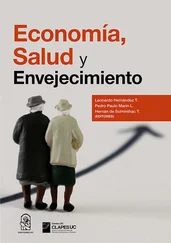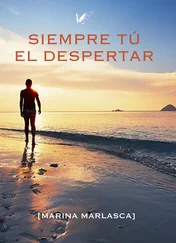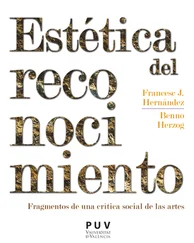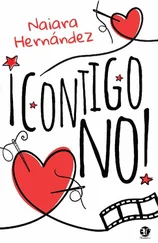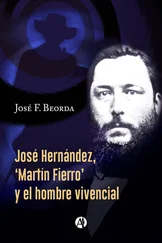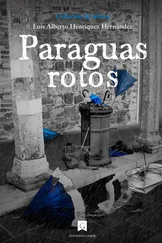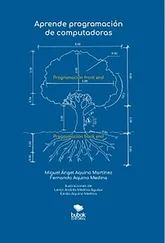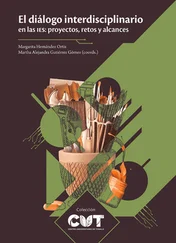That’s when I had a new vision. Everything that had been going wrong for me would be fixed if I wrote an essay about Vicente Rojo’s thinking. I had seen online that other people had written about his paintings, his sculptures, and his work in graphic design, but that didn’t discourage me, because it was unlikely that anyone had delved as deep into the artist’s thoughts as I would. And if I took Vicente Rojo at his word, and decided to believe that the internet doesn’t exist, then how could any such study possibly be out there? That’s how I had come to understand the artist’s unwillingness to believe in the world-wide web: the only things that exist are those that one incorporates into one’s own existence and that adapt into a tool for the interpretation of one’s moment in time and space. I wouldn’t be unsettled by what others had said, because what truly mattered was what I was going to learn from the artist and the way in which all these elements would come together to achieve balance.
While I was trying to transcribe that terrible first interview, Berta sidled up to the table where I was working. She didn’t even try to hide her annoyance when she saw I was working on something related to Vicente Rojo.
‘Why did you interview him? He’s so annoying. Did you tell him to leave me alone? That’s all I asked you to do. And to give him back the painting.’
‘He’s a very important artist, Berta. I don’t know why you’ve got yourself so worked up about him. As far as I can tell, he was the only one who bothered to help you, and then he gave you a painting. You don’t know how lucky you are. And if you showed just a tiny amount of interest in what he does, I think you’d like it. You’re fifteen years old, it’s time you started paying attention to culture, art, literature…’
She interrupted me.
‘An important artist? Why have they banned him from giving classes at school? The art teacher didn’t allow it. He’s a weirdo. Mario, Lucas, and I always see him around the school, snooping. I’m almost afraid of him, and Lucas says that one day he saw him going through the rubbish. I bet he’s just a bum who’s managed to sweet-talk you.’
At that moment I was aware, as I am now, that my daughter was provoking me, and that for some time she had been trying to start a fight between us. Although it would be a total cliché, it’s possible she blamed me for the fact that her father had abandoned us. I usually tried to ignore her provocations, but that afternoon she managed to get under my skin.
‘You have no idea what you’re talking about. It’s absolutely true that we’re lucky to have met this man. Why are you saying all this? And what’s this little expression, that he “sweet-talked” me? It’s nasty and offensive. Where did you learn that?’
‘Dad says it,’ she said quickly, as if she wished to be rid of the words and transfer them to me. It had already happened — she would no longer be the sole recipient of her father’s comments — so she changed the subject, almost as if she was trying to patch things up. ‘Anyway, I just wanted to tell you that I’ve decided which pet I want. It’s called a hermit ibis, it’s a type of bird.’
The conversation up to this point had unsettled and irritated me. I didn’t want to talk to her about her father, and I’d thought he and I had an agreement that neither of us would talk badly about the other in front of Berta. I had never heard of the animal she was talking about, but when she mentioned it was a bird, I knew straight away that she was trying to provoke me again, even though we both knew it would be best if we avoided another fight. I said nothing. That glint of irony and disdain flickered in her eyes again. She seemed much older than she was, and in her smile, I could detect a hint of malice. She left me alone again, and I kept on with my transcribing.
On the shelves and tables and furniture in the house that Berta and I share, it’s quite common to find little papers of all kinds, on which Berta has drawn tiny circles. I thought of those scribblings while I read one of the articles about painting that I was thinking of using as a source for my essay on Vicente Rojo. I thought of the bubbling lava that my daughter would draw while I read a fragment of something written by Mark Rothko, where he says he arrived at abstract painting because artists like him were fleeing the idea of representation. Artists search for themselves; they no longer seek ideal forms, representations of beauty, death, or pain. My daughter searches for herself in those little circles she draws incessantly. The amorphous mass of them reveals something to her, although I doubt even she knows what it is. It’s the same way that Vicente Rojo seeks meaning in geometric forms, in squares, pyramids, or friezes.
One night I dreamt that an ibis was stalking down the hallway of our apartment. It was holding a wad of papers in its long beak, all of them covered in Berta’s little circles. The floor, the furniture, every single surface in the house was covered with papers. It was hard to tell if the ibis was trying to clean up all the papers in its beak, or if it was trying to scatter them all over the place. The bird walked nervously from one end of the apartment to the other, kicking up papers from the floor as it did so. I’d never seen the particular species of bird that Berta wanted for a pet, but, of course, I had looked it up online. The animal toiling away among the papers in my hallway was larger than that species tends to be, which is about seventy-five centimetres tall. The ibis in my dream was nearly as tall as a person. It turned my stomach to see its bald, featherless head, the same pinkish colour as a newborn baby. The beak was very long and of the same colour, and stood out against the filthy grey of the papers it held. The bald pink head was framed by a crown of long black feathers that led down to the bird’s neck, also covered in black feathers, but shorter ones, which gave off little iridescent reflections of metallic green.
I tried to follow the bird’s frenetic movements, but it was impossible. The ibis could never quite take hold of any of the papers that flew up around it. It was impossible to tell if they were covered in tiny little circles, as I had originally thought, or if they were covered with words: the questions and answers I needed for my interview with Vicente Rojo. In fact, the whole scene was taking place with some soft background music, and it was also impossible to tell if it was the artist’s melodious voice on my tape recorder, or the desperate croaking of the bird, exhausted by its unmanageable task.
At some point in the dream, I realised that the bird had become my daughter, without changing shape: the same shaved head, the same dark, messy plumage, which could be one of the huge jumpers she hides herself in. My daughter, transformed into a horrible bird in my hallway, wandering around my apartment, which was slowly filling up with dirty, indecipherable papers, and there was nothing I could do to help her.
That nightmare upset me, and I returned to it again and again over the following days, to the extent that I even recounted it to Vicente Rojo the next time we met. Of course, I left out the part where his singsong voice might have formed part of the soundtrack. We began by discussing the constant anxiety one feels during one’s adolescent years. As you might expect, he spoke not of sensations he felt some seventy years ago, but as if he was recalling events that had just taken place. That’s how vivid his memories were. The fear he felt at having to go to school — which for him was the place where his strongest hand, his left, was always being tied back — was mixed with the memory of his excitement at discovering the light in Mexico in the moment he considers his second birth. He told me that just by looking at Berta he could tell she was an intelligent girl, so intelligent that she would undoubtedly suffer for the rest of her life. As her mother, I told him, I hoped she would eventually learn to use her intelligence precisely to avoid suffering for her whole life. My comment seemed to annoy him. I continued to be an interlocutor unworthy of his thoughts and experiences.
Читать дальше
